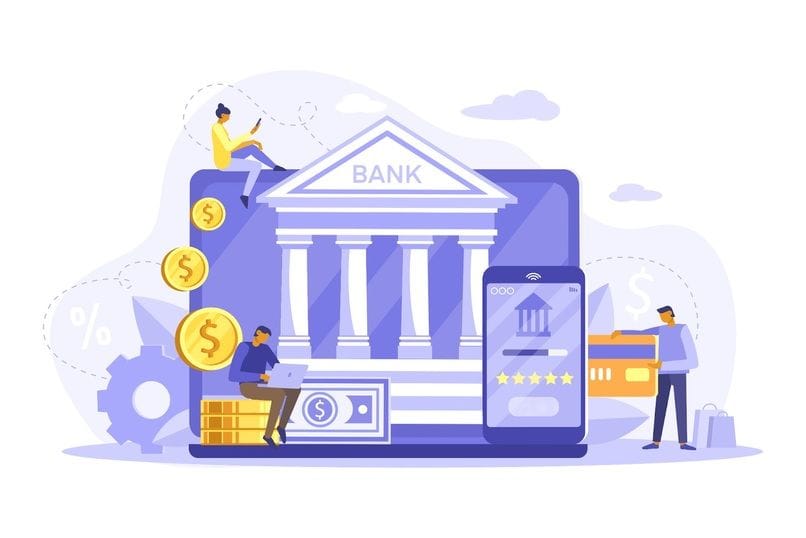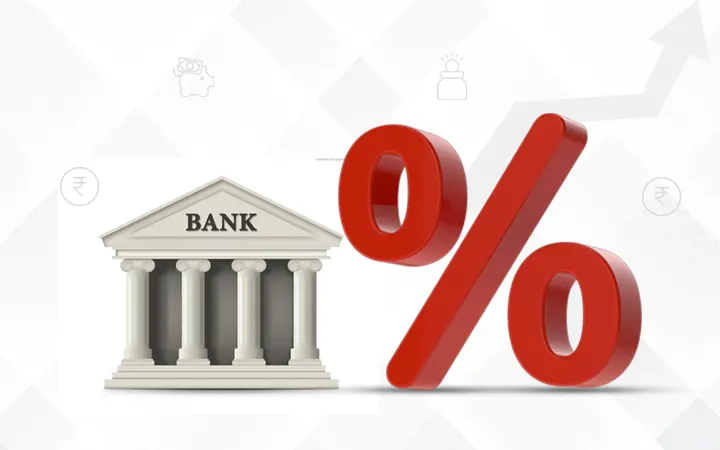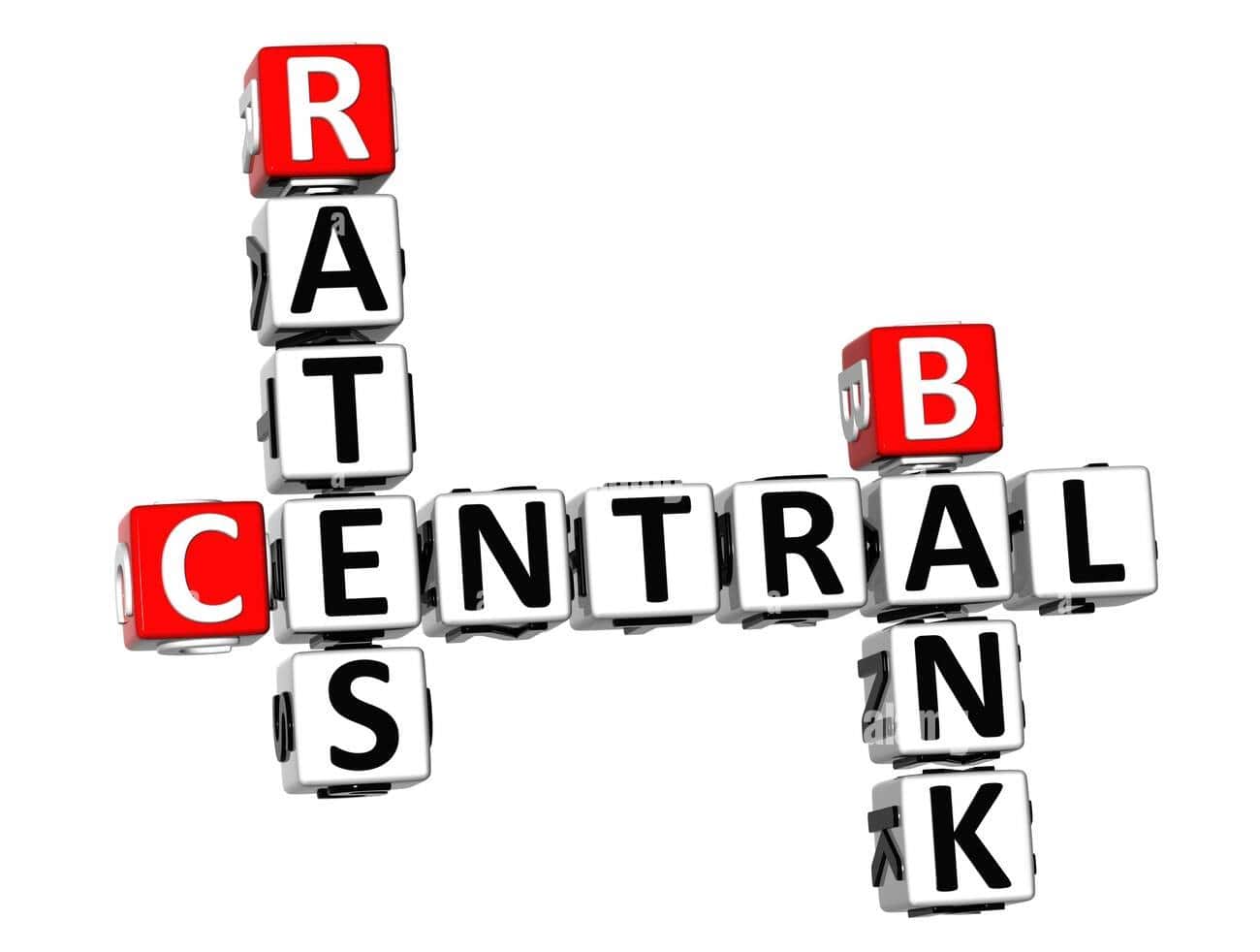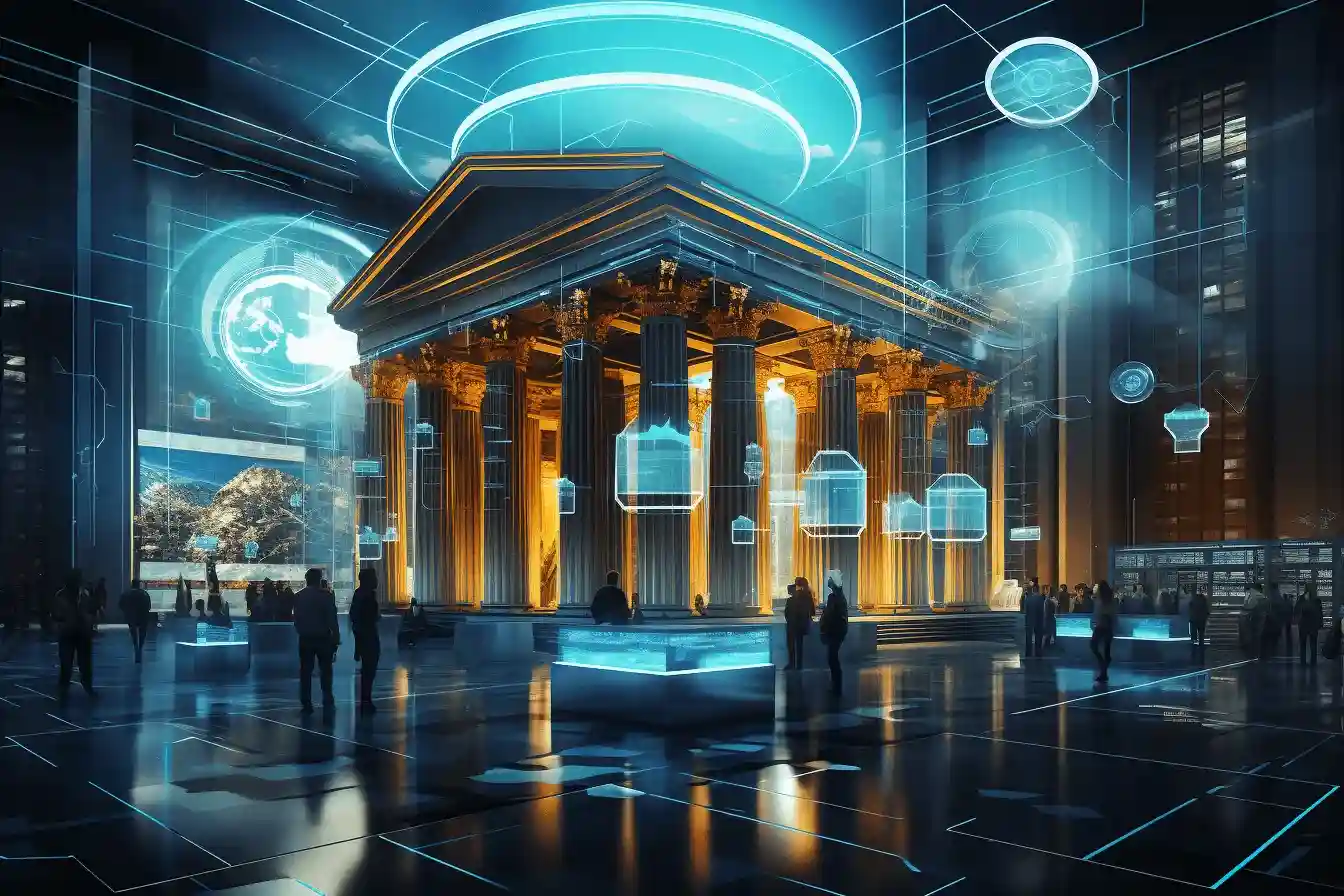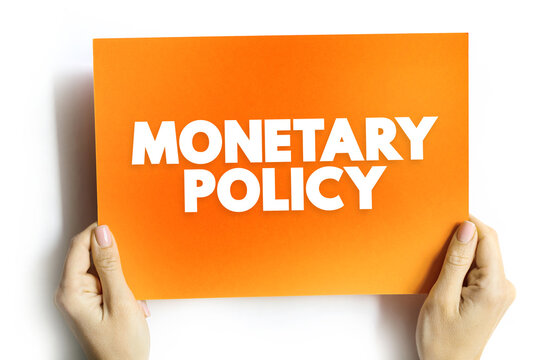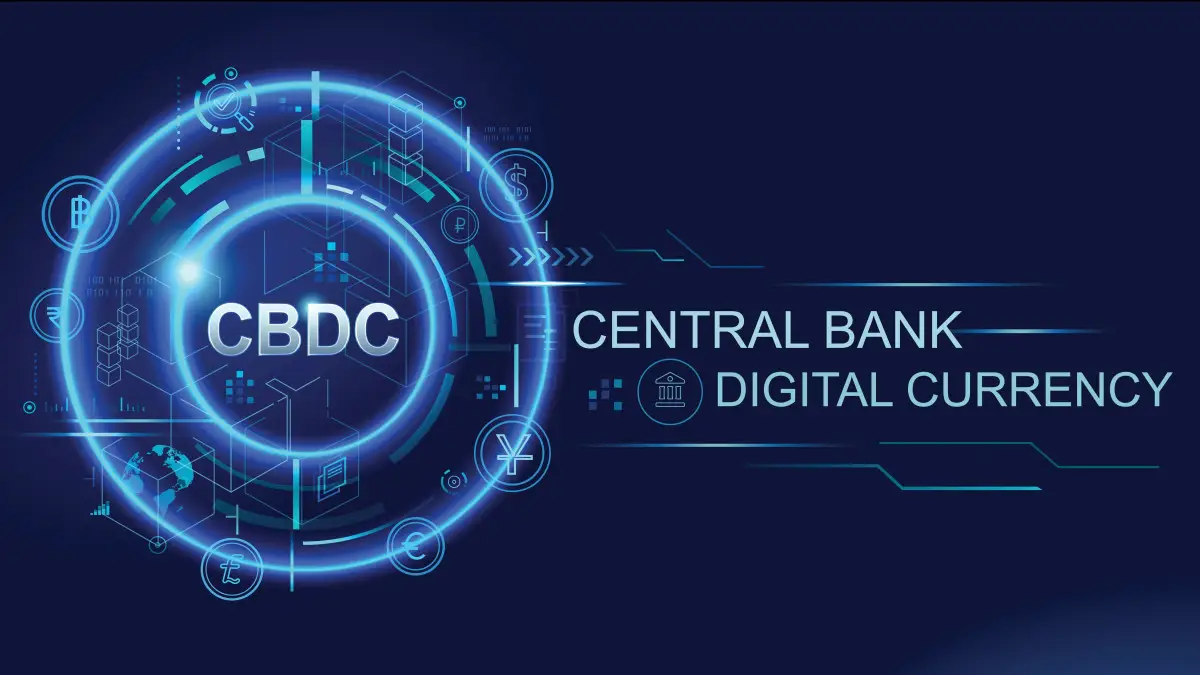Central bank interest rates hike—these five words can send waves through your financial life. Ever wonder how this big move by the money chiefs affects you? It’s crucial to know, because when they hike up rates, it trickles down to your monthly budget, your loans, and even your savings. I’ll guide you through the maze of what these changes mean on a personal level. Let’s dive into the reality of how this uptick reshapes the economy and more importantly, your wallet. It’s time to arm yourself with knowledge and strategies to stay on top of your finances.
Understanding Central Bank Interest Rate Hikes
Deciphering the Federal Funds Rate Increase
When a central bank hikes rates, it costs more to borrow money. For example, the federal funds rate is the cost banks charge each other for overnight loans. This rate’s increase affects other rates, like credit cards and mortgages. Say the federal funds rate goes up by 0.25%. It may seem small, but it touches everything from your car loan to your savings account.
Central banks, like the Federal Reserve in the U.S., raise rates to keep inflation in check. Inflation means the prices for things you buy get higher. When borrowing gets pricey, people borrow and spend less. This slows price climbs. But when you spend less, businesses may earn less and not hire as many people. This is how rate hikes can slow the economy.
Grasping Interest Rate Policy Decisions
Central banks think hard before changing interest rates. They look at how fast prices are rising and if people have jobs. Each move aims to keep the economy stable. A tight balance is key. Too much borrowing can lead to too much spending, which can push prices up. If prices freeze or fall, it’s a sign the economy might be in trouble.
Policymakers use several tools, like the prime interest rate, which is what banks charge their best customers. Or the discount rate, which is what banks pay to borrow from the central bank. Changes here signal where the economy is heading. For savers, a rate hike can mean more earnings in their bank account. But for borrowers, it means a bigger slice of their budget goes to cover loans and credit cards.
A rate hike doesn’t just hit your wallet. It ripples through the whole economy. It hits small businesses, which may pause hiring. It affects how much it costs you to borrow for a house. Even the goods you buy from other countries may cost more, as rate hikes can make your money worth more.
In short, when interest rates go up, it’s like tapping the brakes on the economy. It is meant to keep prices steady so you can plan your spending and savings and feel sure about your money. The big goal? A balanced economy where people can work, save, and spend without too many ups and downs.
Remember, knowledge about these changes helps you make smarter choices with your money. You can adjust your spending, manage your debt better, and plan for the future. It’s all about staying informed and ready for what’s next.
The Immediate Effects of Monetary Tightening on Your Finances
Assessing the Impact of Rate Hike on Economy and Personal Budget
When central banks hike interest rates, your wallet feels it fast. Suddenly, borrowing costs more, and that hits hard. Think of a rate hike like a speed bump. It slows everyone down on the road to spending. Your car loan, credit card, and mortgage—they all get pricier.
Let’s break it down. Say the federal funds rate goes up. Banks then pay more to borrow from each other. These costs pass on to you and me. Loans and credit cards now charge us more. So, we spend less. That’s the goal, anyway—to cool off spending, and slow down price rises known as inflation.
But it’s not all bad news for your pocket. Savings accounts might offer more interest. So if you’ve got money stashed away, you could earn a bit more. Yet, here’s the rub: these increases often lag behind the rate hikes. So don’t bank on big gains right away.
Adjusting to the Effects of Higher Borrowing Costs
Life with higher rates means we’ve all got to think smarter. We need to manage our cash well. If you’ve got loans or debts, now might be the time to tackle them. Higher rates make debt more expensive over time, so pay down if you can.
Looking to borrow? Hunt for the best deal. With rates up, it’s more important than ever. You’ll want to compare rates like a hawk. And, think twice before reaching for the plastic. Credit card interest can seriously stack up.
For folks with a mortgage, it’s a bumpy ride. Your payments could jump up. So it’s key to budget for this. Some may want to switch to a fixed rate. This means your payments won’t change even if rates climb higher.
Remember, this all ties back to inflation control. When stuff costs more, central banks step in with rate hikes. It’s their way of keeping the economy’s temperature just right, not too hot or too cold.
Now, for small business owners, it’s a bit tougher. Loans for growing your biz will cost more. This is rough, but planning ahead is essential. It’s all about balancing those books.
And if you’re in the market for investing, tread lightly. Stocks often dip when rates go up. Bonds might be worth a peek, but be careful. Remember, info is power. Stay informed so you can play it smart with your finances.
Knowing the ins and outs of rate hikes helps you make wiser money moves. From how you borrow to how you save, these changes touch us all. So, let’s keep a sharp eye on those central banking moves. They guide our economy and, yes, even our day-to-day lives.
Long-term Impacts of Central Bank Strategies on Savings and Investments
Navigating Mortgage Rates Following Central Bank Hike
When central banks hike rates, your mortgage cost might rise. This can make your monthly payments higher. Shops might follow suit, hiking prices on the stuff you buy. But don’t fret! There are ways to tackle this. Let’s say the Federal Reserve ups its rates. Then, banks usually jack up what they charge on home loans.
You can lock in a fixed-rate mortgage before hikes kick in. This keeps your rate the same over time. But if you have a variable-rate mortgage, your rate changes with the market. So, you need to budget for potential hikes. Or consider refinancing to a fixed rate. That can help you manage your future costs better.
You might think, “Should I buy a house now or wait?” Consider the current rates and your budget. If hikes make loans cost more, buying now could save you money in the long run. Talk to a loan expert to make a smart choice.
Strategies for Saving Accounts and Bond Yields after Rate Hikes
Savings accounts and bonds also feel the pinch when rates go up. Banks pay you more interest on savings when the Federal Reserve increases rates. Bonds you own before a rate lift might drop in value. New bonds may be more appealing because they offer higher yields.
Save smarter. If bank rates go up, it’s a good time to put money into savings. Watch for good deals on interest rates. For bonds, consider ones with shorter terms. They let you reinvest sooner, maybe at better rates if hikes continue.
Long-term bonds can be risky in a rising rate scene. Their value can go down a lot if rates keep going up. Also, think about bond funds. They manage the risks for you, buying and selling bonds to make money.
Inflation can eat into your savings, so you want a rate that beats inflation. If you’re not sure what to do, get advice from a financial planner.
In a nutshell, rising central bank rates can make saving trickier. But with smart strategies, you can still make your money work for you. Lock in good mortgage rates early, and manage your savings and bonds with a watchful eye. This will help you stay ahead in the long run.
Implications for Market Stability and Future Predictions
Interpreting the Central Bank’s Inflation Targeting Signals
When the central bank sets an inflation target, it’s a big deal for your money. This target helps keep the price of things you buy from going way up. They hike the federal funds rate to do this. Sure, it’s just one rate, but it sets the stage for what banks charge each other overnight. Think of it as a domino effect that touches everything from your savings account to the cost of a loan.
Now, why should you care? Because the central bank—like the Federal Reserve in the U.S.—uses these targets to steer the economy. When they aim for a low inflation rate, it means they don’t want prices to shoot up. It’s their way of saying, “Let’s keep the economy steady without letting prices go wild.” And when they hit the bullseye, your wallet can feel safer.
Forecasting the Impact of Policymaker’s Rationale on Future Rate Hikes
Let’s talk about the future. Policymakers raise rates thinking about tomorrow, not just today. By studying trends and crunching numbers, they can predict if more hikes are coming. They look at job growth, how much you’re spending, and how businesses are doing.
Why does this forecast matter? Because if you can guess when and how much rates will go up, you can make smarter moves with your cash. Say you have a mortgage or a car loan; a future hike means you’ll pay more later.
The big question is, will rates keep rising? If the economy’s hot and prices are climbing, then yes, buckle up for more hikes. But if things cool down, they might hit the brakes on increases. By keeping an eye on these signals—like a hawk or an eagle—you can plan ahead. This way, you’re not caught off guard when things change.
Remember, higher rates can slow down spending, which can cool the economy. Some worry it might lead to an economic slowdown. That’s when stuff gets tricky. On one hand, you want steady prices. On the other, no one wants the economy to stall.
The central bank’s goal is to find that perfect balance. Keep prices in check without hitting the economy too hard. It’s not easy, and sometimes even the experts debate the best way forward.
But one thing’s for sure. These rate hikes are important. They ripple through the markets and affect your daily life. Whether it’s saving more because of higher interest, or feeling the pinch of bigger loan payments, your wallet knows when the central bank makes a move.
By getting to know these policies and the central bank’s logic, you can be ready for whatever comes next. And being ready means making choices today that will keep your money safe tomorrow. So next time you hear about an interest rate hike, take a deep breath. Understand it’s all part of the plan to keep the economy—and your cash—in good shape.
In this post, we’ve dived deep into what central bank interest rate hikes mean for us all. We started by breaking down the federal funds rate rise and seeing how policymakers decide on these changes. Then we looked at how these hikes hit your wallet right away, like making loans cost more. We also tackled the bigger picture, exploring how your savings and investments could feel the pinch over time, especially with mortgages and bonds. And we wrapped things up by evaluating the central bank’s plans to keep prices stable and what that means for tomorrow’s financial climate.
I hope you’re now feeling clued in, ready to adjust your budget and savings strategy for these shifts. Keep a keen eye on the central bank’s moves; they guide your financial journey more than you might think. Stay smart, stay prepared, and your finances will thank you.
Q&A :
Why do central banks raise interest rates?
Central banks may decide to increase interest rates as a response to concerns about inflation. By raising rates, they aim to reduce spending and borrowing, ultimately cooling economic activity and stabilizing prices. This strategy is used to maintain the balance between economic growth and inflation.
How does a hike in central bank interest rates affect the economy?
When central banks hike interest rates, it generally leads to higher borrowing costs for consumers and businesses. This results in decreased spending and investment, potentially slowing down economic growth. However, it can also help to curb inflation by reducing the demand for goods and services.
What are the potential risks of central bank interest rate hikes?
Interest rate hikes can lead to several risks, including the possibility of economic slowdown or recession if rates are raised too high or too quickly. It can also impact individuals with variable-rate debts such as mortgages, as their repayments will increase. Additionally, increased rates might lead to a stronger currency, which can adversely affect exports.
How can individuals prepare for central bank interest rate hikes?
Individuals can prepare for interest rate hikes by reducing debt, especially variable-rate debt, as well as by saving more to cushion against financial uncertainty. It’s also wise to review personal investments and consider diversification to mitigate potential impacts on financial portfolios.
What impact do interest rate hikes have on the stock market?
Interest rate hikes can have a complex impact on the stock market. Initially, stocks may decline due to increased borrowing costs and potentially lower corporate profits. However, certain sectors like financials can benefit from higher rates. Over the long term, the market’s response will depend on how the hikes affect economic growth and corporate earnings.

